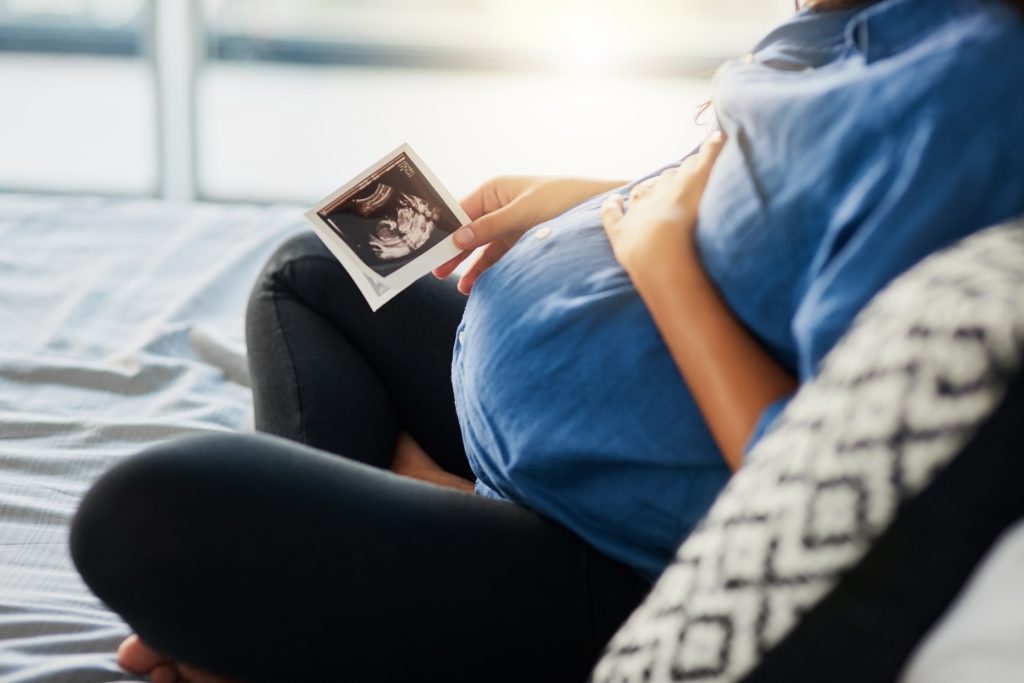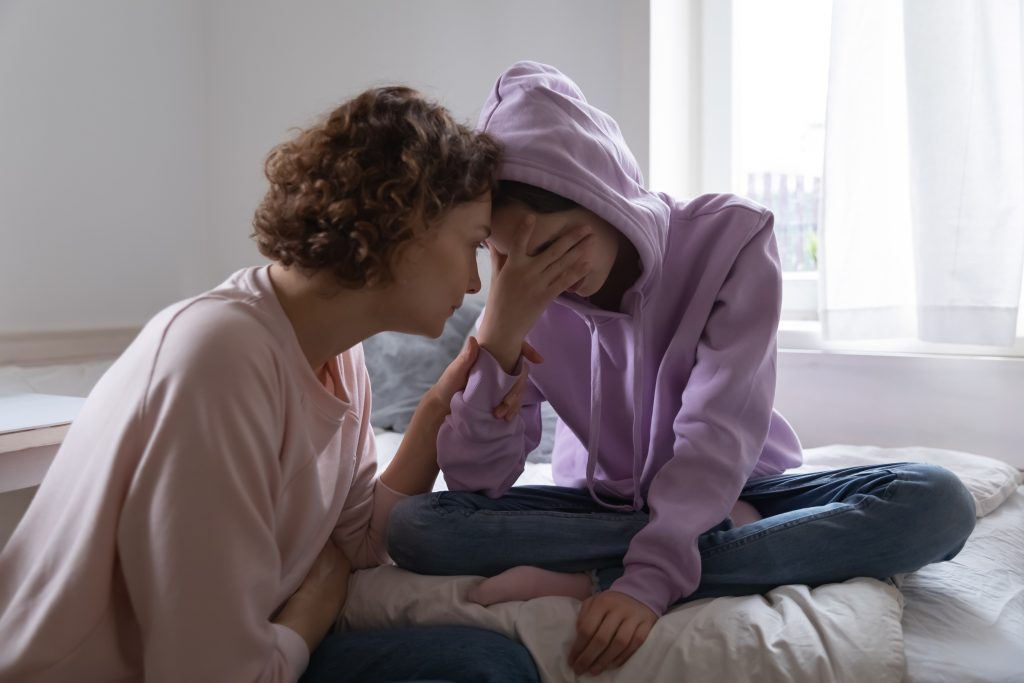There are several types of grief that are commonly experienced within the adoption triad. Most often, people are aware of the intense grief that someone experiences when a loved one dies. This intense sadness is what some grief counselors refer to as “normal grief.” There are, however, other kinds of grief that are expereinced during adoption. Let’s examine these types more closely:

Anticipatory Grief
This is the grief we feel when we know a loss is coming. Birth parents may feel anticipatory grief when making the adoption plan, particularly as the day of placement draws near. Birth parents in foster care may also experience this grief type once they realise their case will end in termination of rights.
Ambiguous Grief
You can think of this as grief for someone who still exists in the world, but isn’t physically present or whose identity has changed to become someone unknown to you. The child placed for adoption is lost to their parents, even though the child may be thriving in their adoptive home. The opposite may be true for the foster-adoptee, who grieves the loss of their birth family member who is no longer allowed to live with them due to safety concerns.

Complicated Grief
Sometimes grief is mixed with other emotions, particularly if the loss brought about some beneficial changes. The adopted child may feel relieved to be cared for in a safe and loving environment where their needs are consistently met, but may also feel loss for the life they might have experienced with their birth family. These mixed emotions can be difficult and confusing to navigate.
Chronic Grief
Sometimes grief has a natural ending, as people are able to arrive at a season of moving forward. Other times, the person who is grieving never gains freedom from their grief in a significant way. This can be very true for the birth parent who may never stop loving their child and wishing their circumstances were different. They may feel constant reminders that the child is no longer with them and they may not be comforted by knowing the child is safe, healthy and thriving. It is common to require counseling and perhaps medical treatment for depression in order to help manage chronic grief.
If you or someone you know is experiencing grief, sadness, or depression that is impacting their quality of life, considering reaching out to LFCS for counseling services. Our compassionate staff of licensed therapists can help you during this difficult season. Please contact us at 866-326-LFCS or [email protected]
